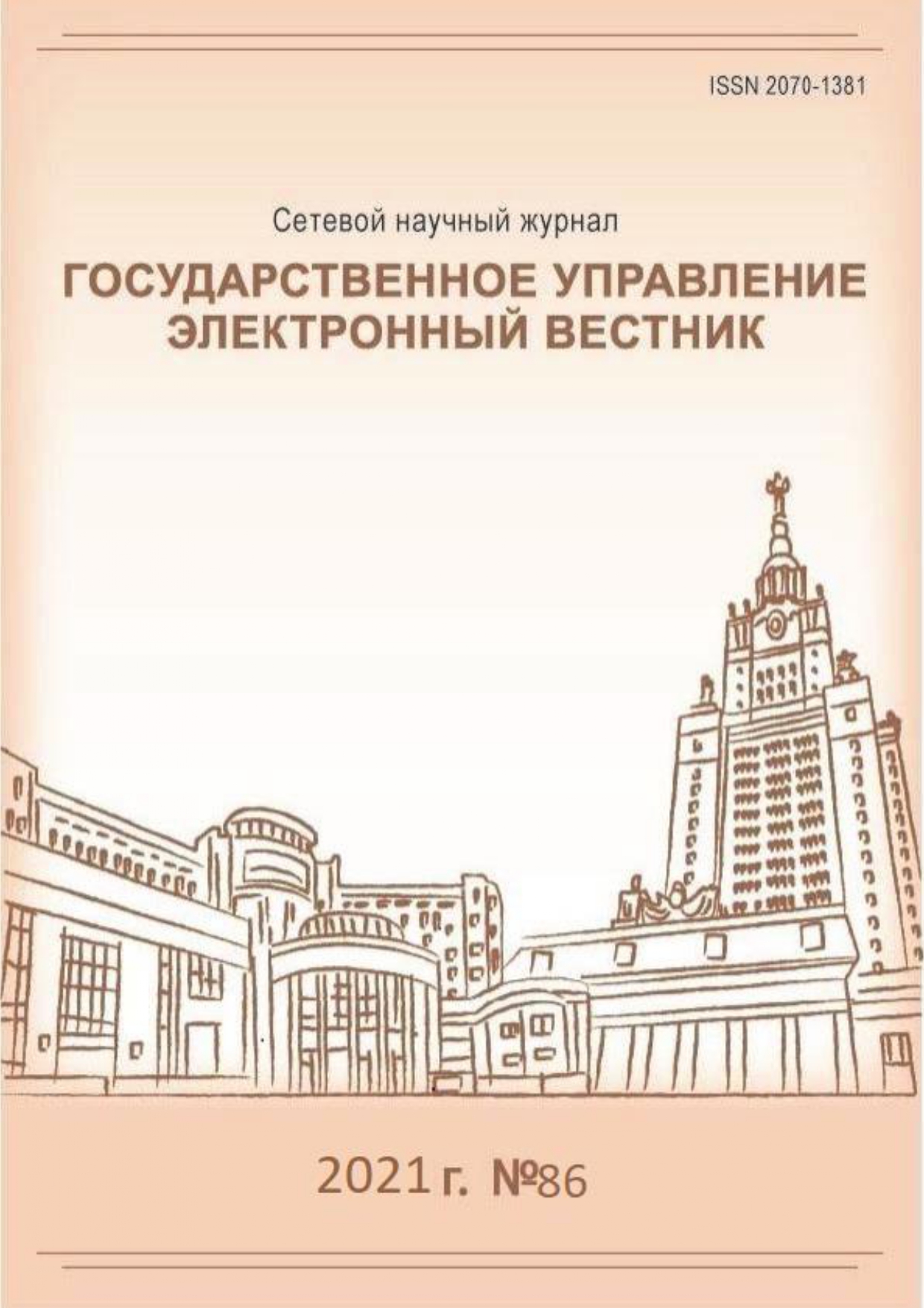Creative Approaches in Advertising Goods and Services during the COVID-19 Pandemic
Keywords:
Pandemic, advertising, global advertising market, social networks, coronavirus, digitalization, COVID-19Abstract
The article analyses new approaches to advertising during COVID-19 pandemic. The relevance of this topic is justified by the need to study the new conditions faced by the advertising sector. Analysis of market trends and expert forecasts will allow advertising specialists to build a new promotion strategy, improve communication channels and minimize losses. The article also pays attention to trends that are relevant in the context of the topic under study. The purpose of this paper is to review advertising market trends and creative approaches used in response to the coronavirus pandemic. The paper presents examples of how brand advertising has changed and how the consumer reacted to these changes. The study used the following methods: traditional analysis of documents (scientific and professional articles, as well as commercials on social networks and TV), generalization, comparative analysis, sociological survey in the form of an online survey. The COVID-19 coronavirus pandemic has become the main news feed, a serious problem in 2020 and 2021. One of the consequences was the need to change the strategies of most firms. Brands began to change their approach to advertising. Creativity was redirected to the digital environment, which began to develop even more actively through new technologies and formats. According to the authors, the situation that has developed in connection with the rapid spread of coronavirus infection has led to a change in the priorities of brands, in particular, has led to an increase in attention to consumer health. To this end, many companies used their resources to produce the necessary medical equipment, masks, etc., even if this led to significant losses. These changes are likely not to go away with the end of the COVID-19 pandemic.
References
Багиев Г.Л., Яненко М.Б., Яненко М.Е. К вопросу формирования и совершенствования цифровой платформы организации и управления маркетинговой деятельностью фирмы: проблемы и задачи // Проблемы современной экономики. 2017. № 2(62). С. 127–132.
Гиневичюс В.В. Как пандемия COVID-19 меняет бренды и потребителей: новые темы и форматы // Научно-образовательный журнал для студентов и преподавателей «StudNet». 2020. № 10. URL: https://cyberleninka.ru/article/n/kak-pandemiya-covid-19-menyaet-brendyi-potrebiteley-novye-temy-i-formaty
Моргина Е.С. Российский рынок рекламы в условиях кризиса: состояние и тенденции // Вопросы студенческой науки. 2020. № 8(48). С. 208–216.
Насонова И.А. Мировой рынок рекламы 2020: влияние COVID-19 // Экономика и бизнес: теория и практика. 2020. № 5-2(63). С. 105–108. DOI: 10.24411/2411-0450-2020-10437.
Овсеец М.А. Изменение маркетинговых кампаний под влиянием пандемии коронавирусной инфекции // Научно-образовательный журнал для студентов и преподавателей «StudNet». 2020. № 12. С. 911–917.
Шмелева Ж.Н. Изменение контента рекламных роликов на ТВ в условиях пандемии COVID-19 и режима самоизоляции // Климат, экология, сельское хозяйство Евразии. Материалы IX международной научно-практической конференции. Молодежный: Иркутский государственный аграрный университет им. А.А. Ежевского, 2020. С. 362– 368.
Hoekstra J.C., Leeflang P.S.H. Marketing in the Era of COVID-19 // Italian Journal of Marketing. 2020. P. 249–260. DOI: https://doi.org/10.1007/s43039-020-00016-3.
Polas M.R.H., Raju V. Technology and Entrepreneurial Marketing Decisions During COVID-19 // Global Journal of Flexible Systems Management. 2021. Vol. 22. P. 95–112. DOI: https://doi.org/10.1007/s40171-021-00262-0.
Poli M. COVID-19 Effects in People’s Daily Life, Social Media’s Role and the Power of Emotions and Mind // Strategic Innovative Marketing and Tourism in the COVID-19 Era /
Kavoura A., Havlovic S.J., Totskaya N. (eds.), Cham: Springer, 2021. P. 141–151. DOI: https://doi.org/10.1007/978-3-030-66154-0_16.
Udgata S.K., Suryadevara N.K. Internet of Things and Sensor Network for COVID-19.
Singapore: Springer Singapore, 2021. DOI: https://doi.org/10.1007/978-981-15-7654-6.
Downloads
Published
Similar Articles
- Larisa G. Sudas, «Long COVID» in World Public Opinion , Public Administration. E-journal (Russia): No. 97 (2023)
- Irina E. Kalabikhina, Mikhail A. Maksimov, The Gender Gap in Demographic Losses during the Coronavirus Pandemic: Why the Female Life Expectancy Losses Are More than the Male Ones in Russia , Public Administration. E-journal (Russia): No. 97 (2023)
- Anna М. Ryabinina, Trends in Academic Mobility in the Context of the COVID-19 Pandemic on the Example of Lomonosov Moscow State University , Public Administration. E-journal (Russia): No. 92 (2022)
- Larisa G. Sudas, Alexander A. Onosov, Akhmed Z. Beslaneev , Yulia V. Mankevich, Marina B. Pivovarova, Victoria A. Pravosudova , Daria S. Rassadina, Pavel S. Shvyryaev, Conflict Potential of Remote Employment , Public Administration. E-journal (Russia): No. 86 (2021)
- Elena E. Shestakova, Social Policy for Human Development: World Experience , Public Administration. E-journal (Russia): No. 85 (2021)
- Alsu M. Akhmerova, COVID-19 Pandemic Crisis Impact on the Behavior of Firms and Consumers , Public Administration. E-journal (Russia): No. 87 (2021)
- Marianna V. Kudina, Azret Sh. Kasymov, Venture Capital in the Context of ESG Transformation , Public Administration. E-journal (Russia): No. 93 (2022)
- Irina V. Loguntsova, Concept and Development of Creative Tourism in Russian Cities and Regions , Public Administration. E-journal (Russia): No. 93 (2022)
- Anna М. Ryabinina, Technologies of Higher Education Internationalization in Modern Conditions , Public Administration. E-journal (Russia): No. 94 (2022)
- Daria V. Evtyanova, Concept and Principles of Economy State Regulation for Overcoming Economic Crisis in Russian Federation , Public Administration. E-journal (Russia): No. 92 (2022)
You may also start an advanced similarity search for this article.




